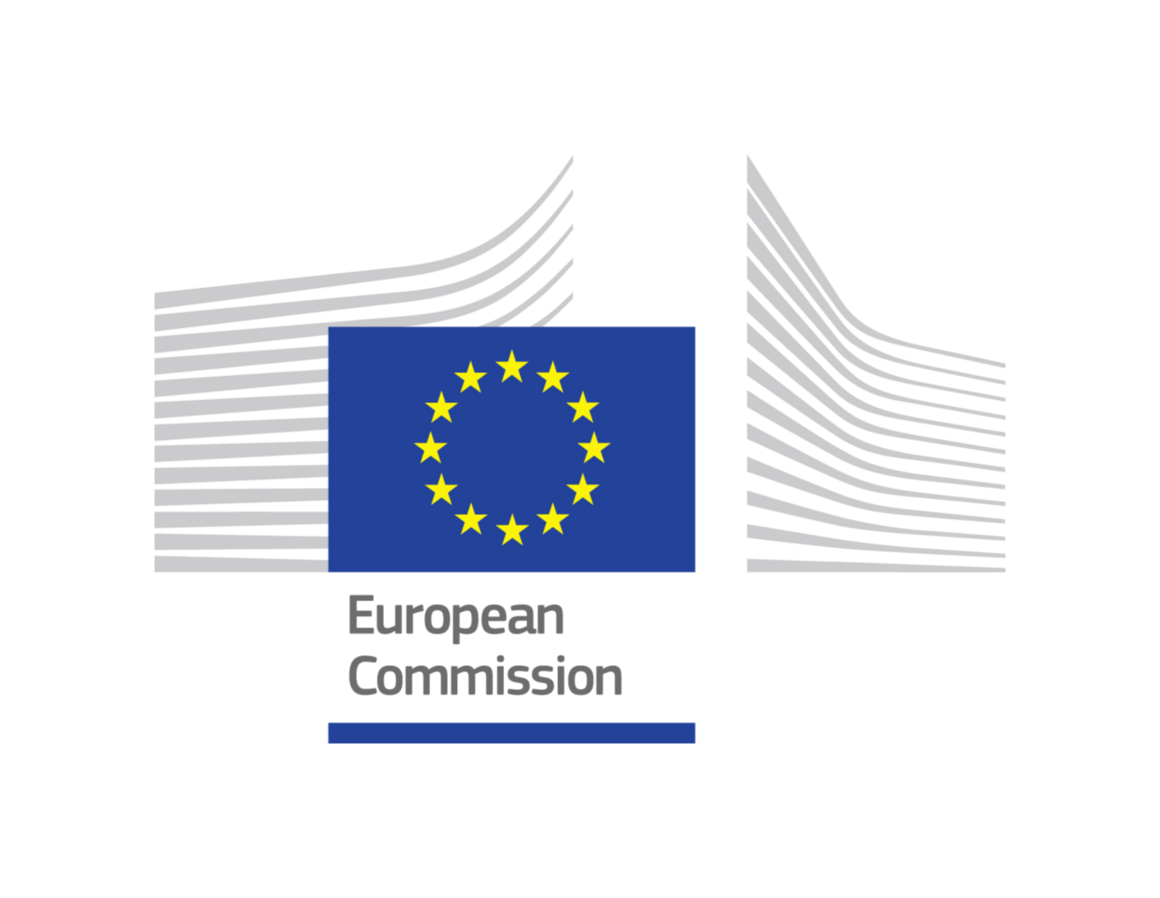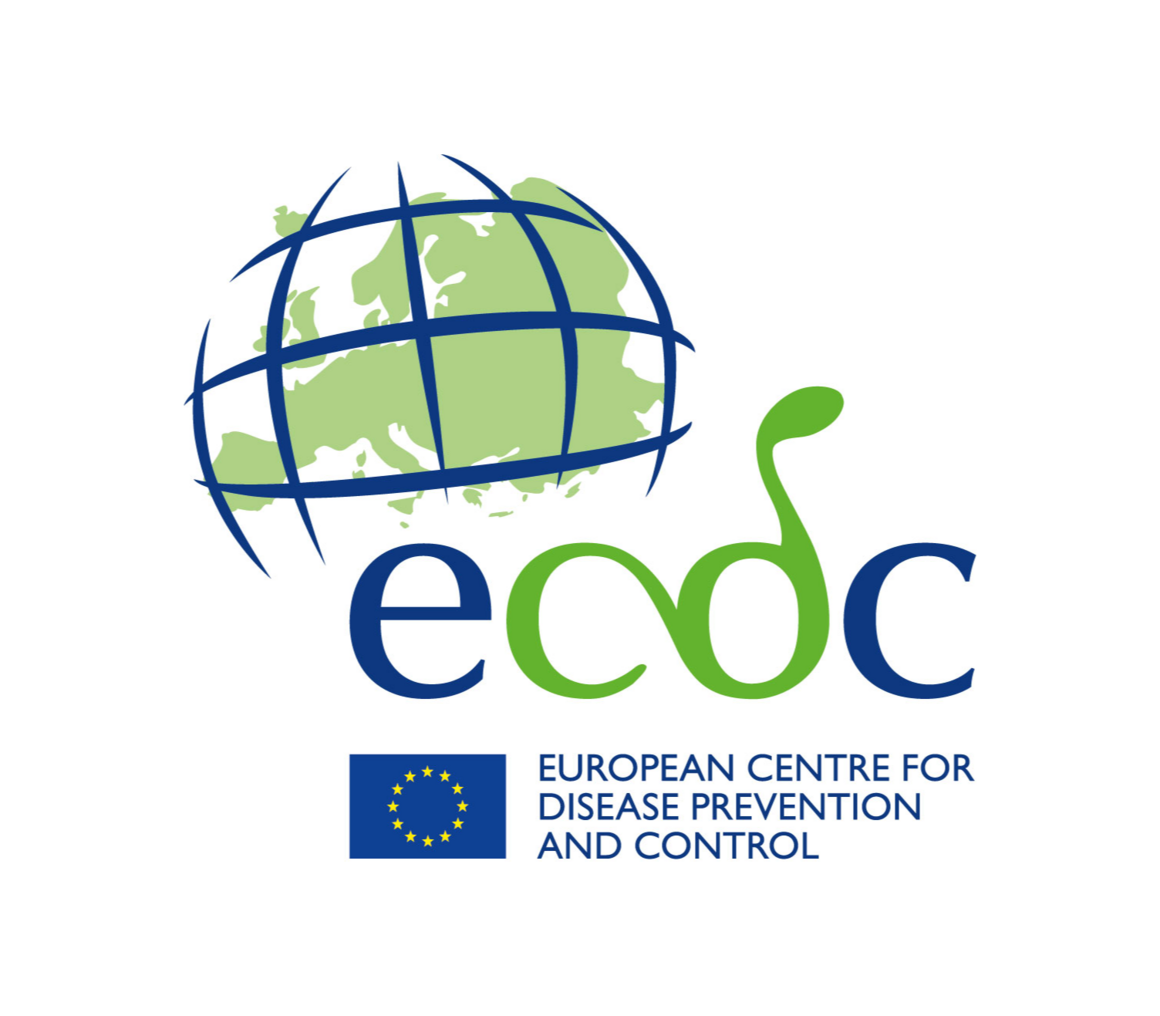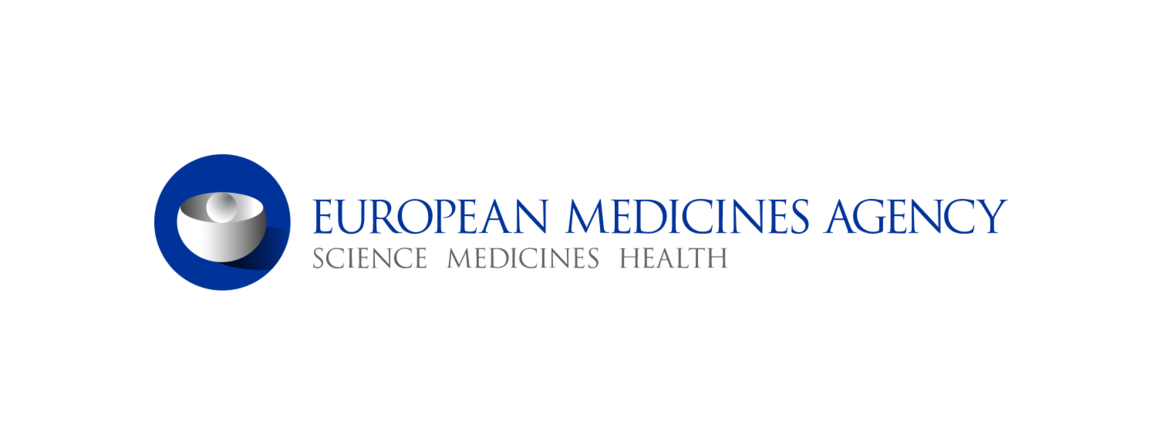About us
The European Vaccination Information Portal (EVIP) was developed by the European Centre for Disease Prevention and Control (ECDC), in partnership with the European Commission and the European Medicines Agency (EMA) [1].
EVIP is a resource for accurate and up-to-date information about different vaccines, their benefits and potential side effects, mechanisms in place to monitor vaccine safety, and national vaccination schedules.
The goal is to provide the public with easy access to reliable, science-based information about vaccines and vaccinations, and to help combat vaccine misinformation in Europe. This can help individuals and communities make informed decisions that can reduce the spread of vaccine-preventable diseases, and protect individual and public health.
All the information on our website is reviewed and approved by a team of vaccine and public health experts [2], and it is intended to help you protect yourself and your community from vaccine-preventable diseases.

European Commission
The European Commission is the EU's executive body. It represents the interests of the European Union as a whole. The Commission is committed to make Europe a healthier, safer place, where citizens can be confident that their interests are protected.
Learn more about European Commission activities on vaccination
Learn more about the Directorate-General for Health and Food Safety, the department responsible for food safety and public health policies

European Centre for Disease Prevention and Control
The European Centre for Disease Prevention and Control (ECDC) is an EU scientific agency that aims to strengthen Europe's defences against infectious diseases. In the area of vaccine-preventable diseases, ECDC provides regular surveillance data and scientific advice on vaccines, monitors disease outbreaks and develops materials to support communication on immunisation.
ECDC also maintains the Vaccine Scheduler, an online, interactive platform showing the vaccination schedules of all EU Member States.

European Medicines Agency
The European Medicines Agency (EMA) is responsible for the scientific evaluation, supervision and safety monitoring of medicines in the EU, and ensures the efficacy, quality and safety of vaccines. EMA and its scientific committees examine all available data and assess their benefits and risks before they are approved and while they are marketed in the EU. EMA works closely with European and international partners and shares information on vaccines and good regulatory practice.
Vaccine Safety Net
The EVIP website is a member of the Vaccine Safety Net (VSN) a global network of websites established by the World Health Organization that provides reliable information on vaccine safety.
Contact us
You can reach us via evip@ecdc.europa.eu
[1] EVIP is an initiative of the European Union and was developed following the Council Recommendation on Strengthened Cooperation against Vaccine Preventable Diseases adopted in December 2018.
[2] The European Commission, ECDC and EMA have mechanisms in place in order to ensure impartiality. Staff and experts are required to declare any personal interest or any interest in any business or organisation that could compromise their impartiality. This is to ensure that staff and experts do not, in the performance of their duties, deal with matters in which they may, directly or indirectly, have a personal interest that could impair their independence.
